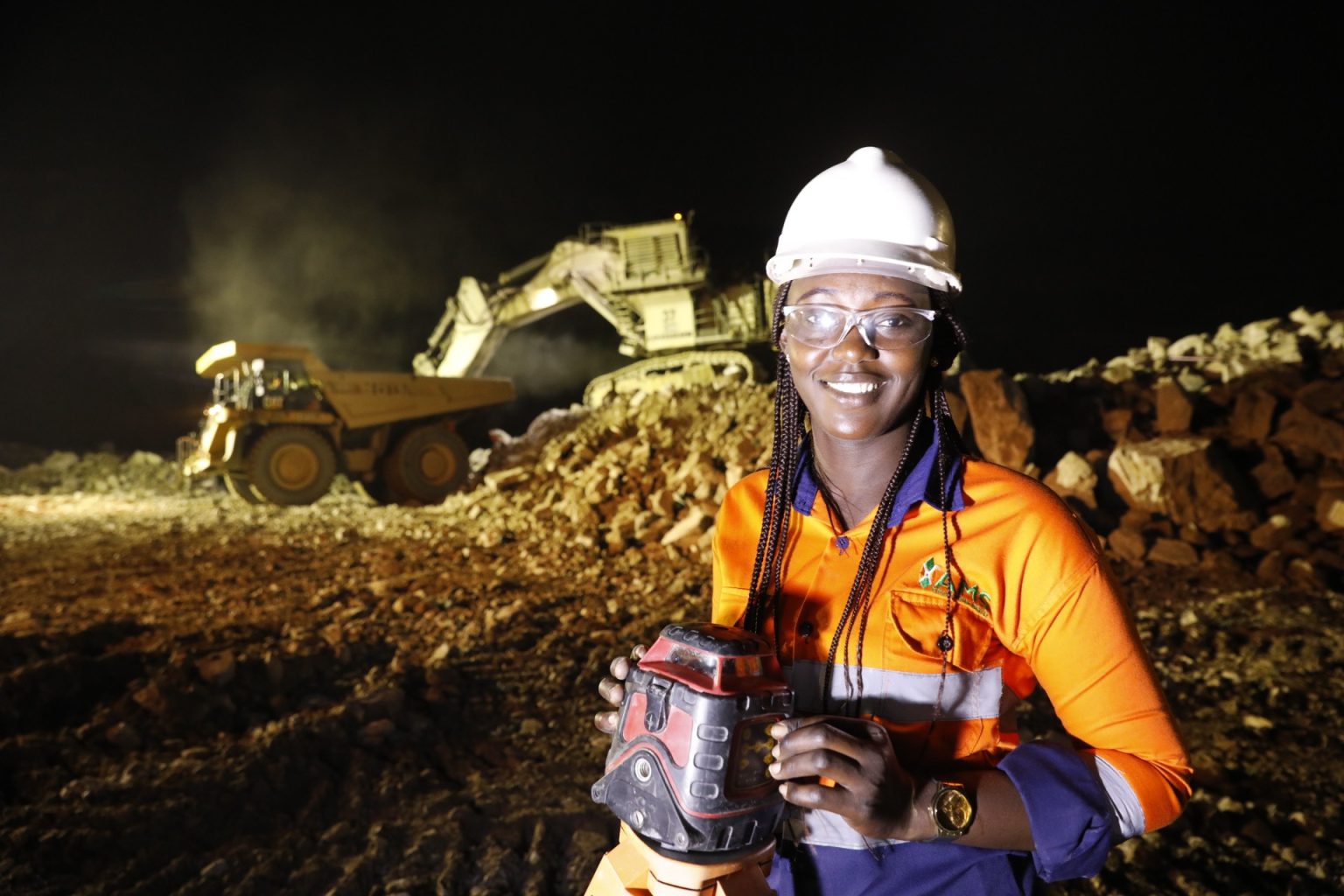Africa is now realising the African Continental Free Trade Area (AfCTA) Africa economy is expected to grow by 3.8 percent in 2022 Africa has 60 percent of its population under age of 25 Africa's economy is rising and it has been for a while now. For the intelligent investor, it is wise to rise with it
[elementor-template id="94265"]
